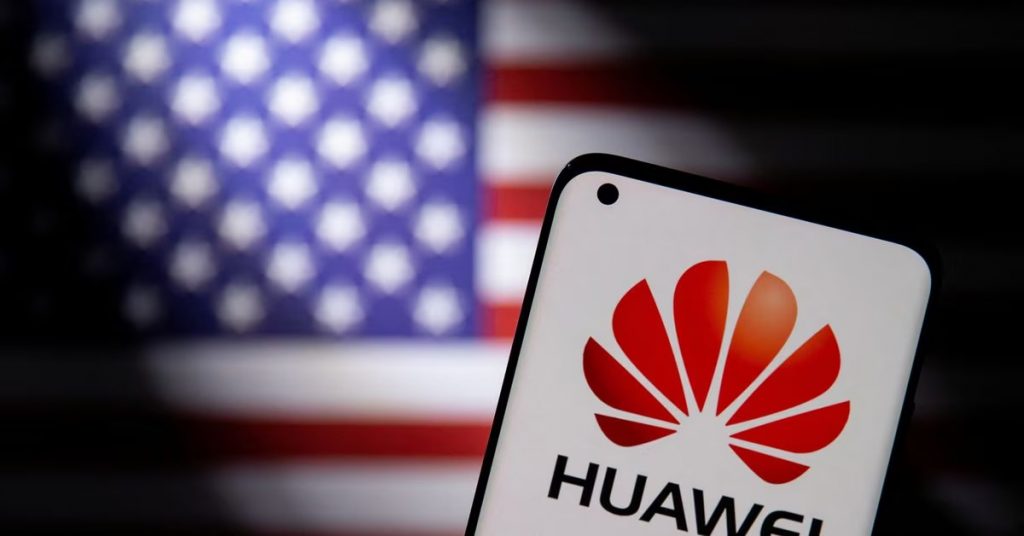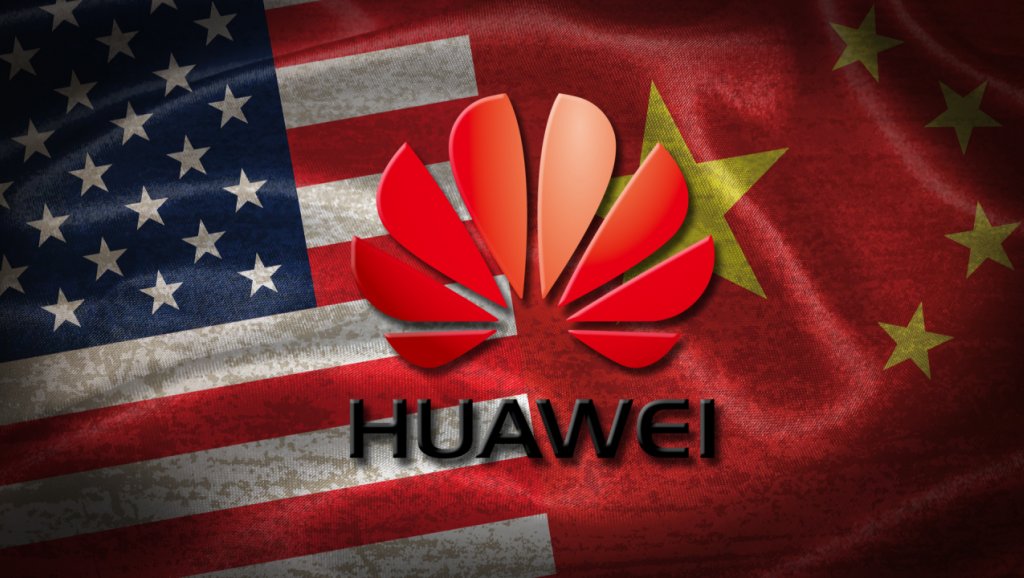Huawei is losing ground in the smartphone market. The company lost access to Google services due to the US embargo and subsequently abandoned Android, opting to use its own operating system called HarmonyOS. However, this plan has caused the company to struggle in markets outside of China. Although Huawei is searching for solutions in alternative areas, it seems that the USA will continue to pose a challenge for the Chinese tech giant with ban threat. Here are the details….
US government warns of total export ban for Huawei
Huawei has been aggressively pivoting away from smartphone business towards cloud technology and other business solutions. However, this strategy is now facing a new threat with the U.S. export ban being extended to all products from the company. The U.S. Commerce Department first imposed export controls against Huawei in 2019 citing national security risks. This decision has banned the export of semiconductors produced with U.S. technology in 2020.

This move drastically impacted Huawei’s mobile operations, cutting off its access to high-performance semiconductors needed for smartphones. Consequently, Huawei’s annual revenue peaked in 2020 and began to decline, with the consumer products segment, including smartphones, contributing to more than half of total sales. As a result, Huawei focused its resources on business products and broadened its cloud service offerings.
It organized business-to-business units into internal “corps” and recruited experts from various sectors to develop digitization solutions for corporate clients. This reorganization has allowed Huawei to halt the drop in revenue, with sales appearing to have stood at 636.9 billion yuan ($92.1 billion) last year, largely unchanged from 2021.
However, the U.S. is preparing to impose another round of sanctions that could block all exports to Huawei. The Commerce Department has added Huawei to the Entity List, allowing it to import off-the-shelf products on a case-by-case basis. The Biden administration is also considering a rule that would prohibit exports to companies in third countries that supply Huawei, potentially canceling permits granted to U.S. companies Intel and Qualcomm to sell certain products to Huawei.

If new sanctions are imposed, they would hit Huawei’s non-smartphone consumer devices such as televisions, personal computers, and smartwatches. While the impact on cloud and other services is expected to be more limited, new sanctions could severely disrupt the maintenance of base stations, which accounted for over 40% of the group revenue in 2021.
Despite the challenges, Huawei remains the global leader in base stations, holding a 30% market share, and has partnered with telecoms worldwide in providing 5G services. Huawei’s organizational revamp has allowed the company to stay afloat, but the future remains uncertain as the U.S. tightens its grip on the company.
RELATED:
- Samsung Galaxy S23 vs iPhone 14: Specs Comparison
- The Potential of 6G Sensing Technology Unveiled at MWC 2023
- Xiaomi & Google Bring New MIUI Gallery Features, Announced 6-month Google One Trial for Xiaomi…
- OnePlus 11R First Software Update Rolling Out With Performance Improvements
- Huawei Exec Shares Camera Samples of P60 Pro’s Periscope Lens
(via)







